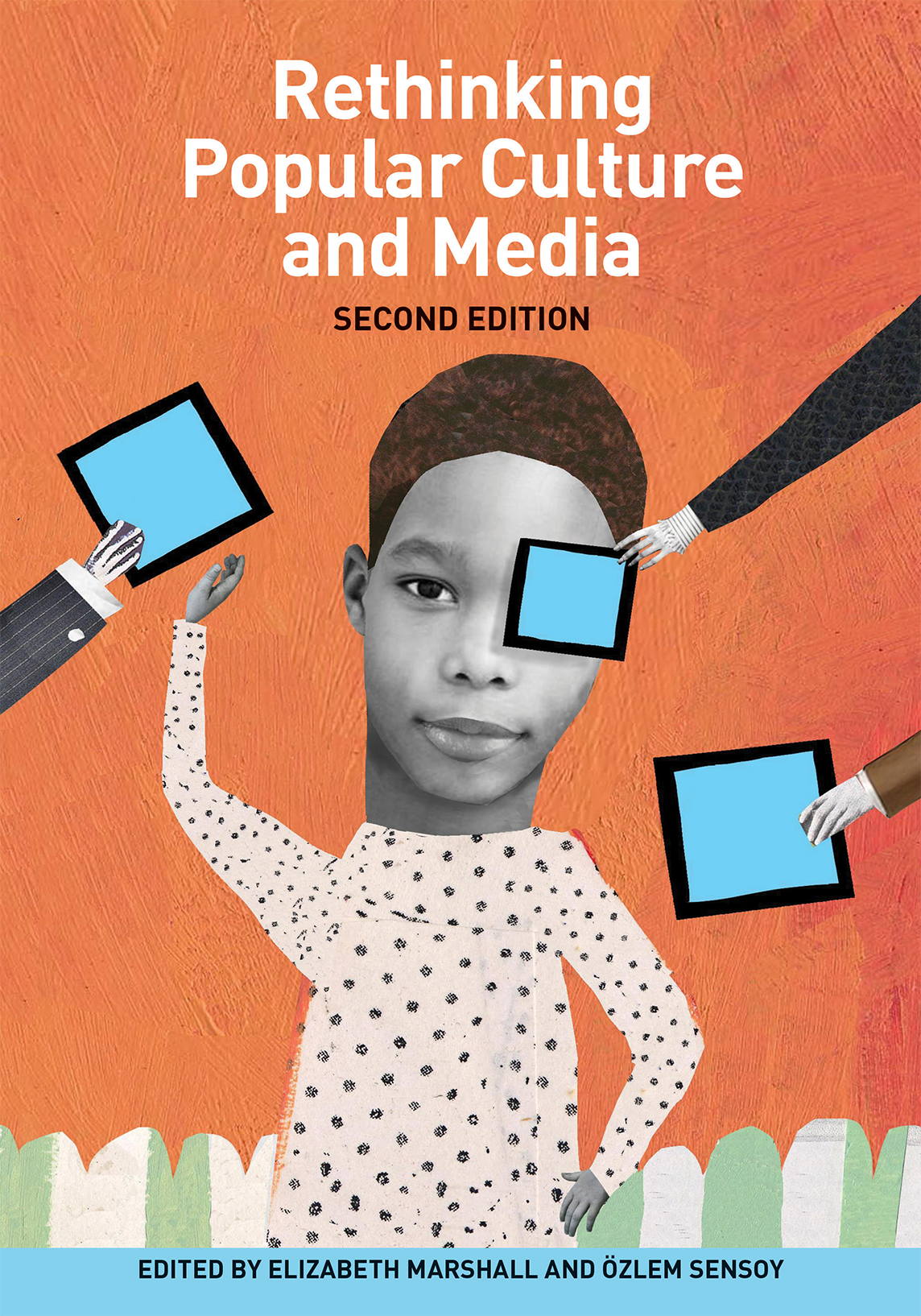Rethinking Popular Culture and Media begins from the premise that the “popular” is political. Whether it’s Disney and Barbie, or Snapchat and Vine, youth navigate, shape, and repurpose popular culture. This updated collection of teaching articles and critical commentary is written by and for educators. The authors consider the role in students’ lives of films, music, and books, as well as popular culture artifacts like toys, and how these materials “teach” children. In each article, authors critique and rethink the connections among race, class, gender, sexuality, power, and schooling. The second edition includes revised articles, nine new articles, and an updated list of resources.
Recipient of a Skipping Stones Honor Award

Chapters are organized into four major themes to make the text more streamlined:
Part 1: Commercialism, Corporations, and Youth
Part 2: Politics, Violence, and Sanitized History
Part 3: Texts, Toys, and Representation
Part 4: Teaching, Talking Back, and Taking Action
“Rethinking Popular Culture and Media is full of compelling narratives and accounts of everyday life in classrooms. It offers numerous powerful, critical strategies for students and teachers to engage, in sophisticated ways, with key topics through the use of diverse popular culture and media texts. This is an important book that every teacher should have if they are serious about creating curriculum that contributes to a more socially just world.”
—Vivian Maria Vasquez, American University, Washington DC
Praise for the first edition
“The essays collected here will provide teachers and educators with an invaluable resource to think creatively about their own pedagogical activities in the classroom. Should be required reading for anyone dealing with issues of young people, media and popular culture.”
—Sut Jhally, professor of communication, University of Massachusetts at Amherst, founder and executive director, Media Education Foundation
“A very useful collection of accessible essays that critically analyze the ways in which dominant messages work through the media and everyday life. We need more books like this.”
—Michael Apple, John Bascom professor of curriculum and instruction and educational policy studies, University of Wisconsin, Madison, in Journal of Education Policy

